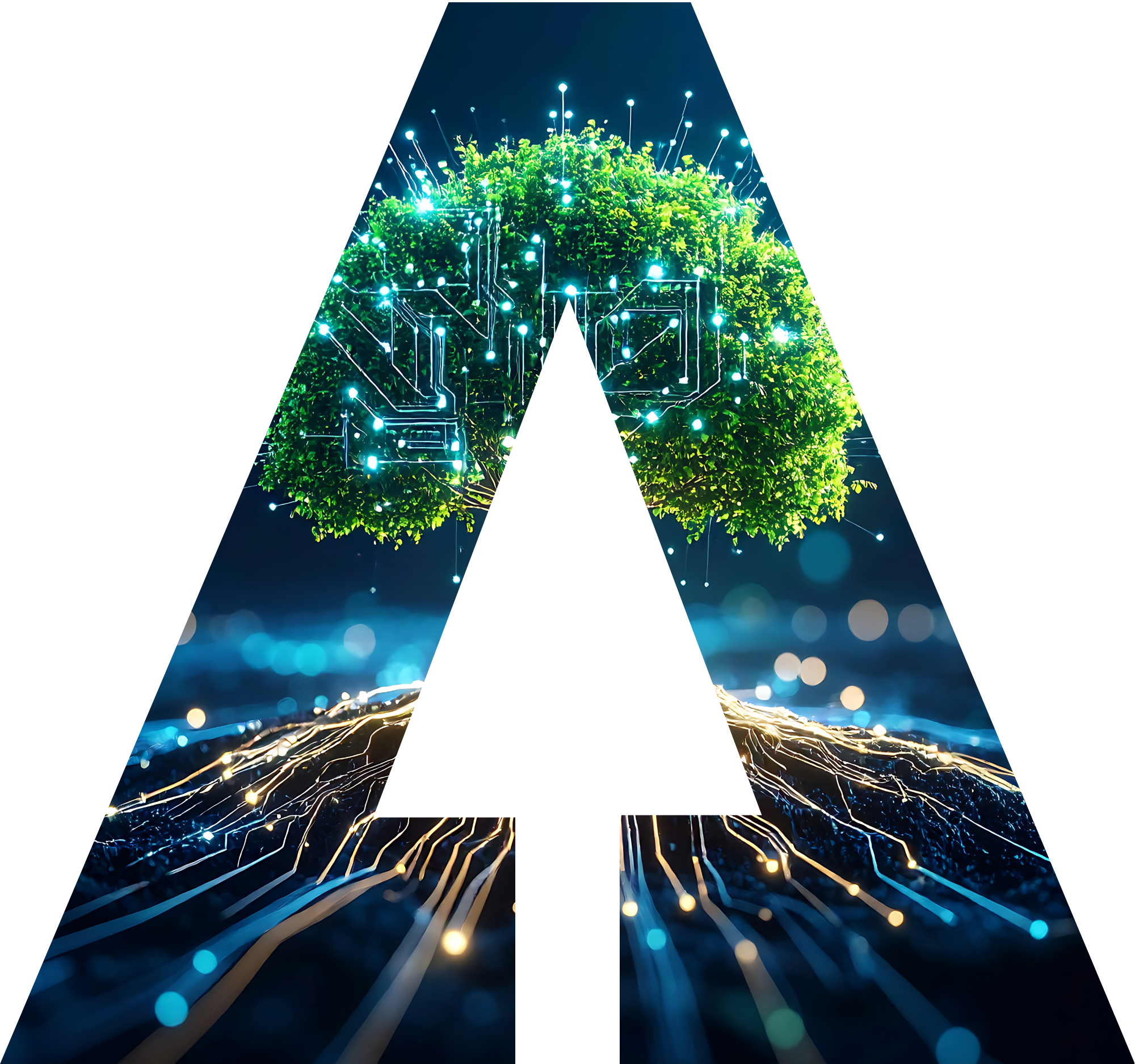Leveraging fast-emerging technologies like self-driving cars, artificial intelligence and data-intensive precision medicine to address social challenges is a goal that many countries share. The most successful will have at least two things in common: a strong sense of mission across government, industry and civil society; and the right mix of intellectual and industrial assets to apply to the task.
Japan, I’m convinced, possesses both in abundance.
In recent months, I have worked closely with Japanese government, business and civil society leaders to establish the World Economic Forum Centre for the Fourth Industrial Revolution Japan — the first Centre in the Forum’s new global network to be established outside the United States.
Supported by the Japanese government and businesses, Centre for the Fourth Industrial Revolution Japan will co-design pilot projects to speed up Japan’s response to technological change. The goal is two-fold: First, to help Japan make the most of technology as it confronts critical issues like an aging and shrinking population — part of an ambitious program of social transformation that Japanese leaders are calling Society 5.0.
And second, to create new governance models for other countries to follow. Japan is, in many ways, a canary in the global coal mine: in Europe and other parts of Asia, especially, nations with similar low birth rates are headed toward the same population crunch, with a shrinking pool of productive workers supporting a ballooning population of senior citizens. The world will look to Japan for lessons — the only question is whether it will find an inspiring role model to emulate or not.

Japan has often seemed to take the time to study an issue and have all the facts in hand before making critical decision. But in my visits to Tokyo and beyond, I have detected a fresh sense of urgency. The challenges — social, economic and technological — and the opportunities – are just too pressing to ignore. The Fourth Industrial Revolution can deliver solutions for societies or unattended, it can create entirely new crises — the one thing it won’t do is wait.
At the Centre, we are starting with three critical areas where Japan can be a leader: autonomous and urban mobility; precision medicine; and data policy.
‘To deal with today’s unprecedented challenges, governments, businesses, start-ups, civil society, academia and international organizations need to come together in innovative ways.’
Mobility is an area where Japan is already strong, with its dominant automobile industry and world-class public transportation. With the advent of self-driving vehicles and new ways to share rides, the Fourth Industrial Revolution is blurring lines between private car culture and public transport, and Japanese industry is eager not to be left behind. Some of the biggest needs are in its own back yard: depopulating parts of rural Japan struggle to support traditional train and bus networks, even as aging residents find it more burdensome drive. Services infrastructure — from hospitals to retail stores — is shrinking. To fill the gap, enter autonomous vehicles, remote healthcare and delivery drones.
In medicine, the fourth industrial revolution also represent an opportunity to leapfrog the way healthcare services are delivered today. In addition the marriage of big data and artificial intelligence promises better treatments more cheaply — a prospect with particular appeal to aging countries with skyrocketing healthcare costs. Japan’s national health system is a treasure trove of data. Yet not enough of it is being used to develop wonder drugs or create better protocols for treating cancer. Making use of this resource will require more than just digitizing patient records and parking them in databases. It will require the right incentives: patients need to feel in control of their data, and to have the chance to benefit from its use. This is where new ways to manage data come in.
Artificial Intelligence and Machine Learning represent new ways of addressing some of the most intractable problems we face today by accelerating the formulation of solutions faster and in new ways than human experts can. Yet to function, these technologies need access to data.
Imagine if we all can use an emerging technology like smart, secure blockchain contracts to designate exactly how our data could be employed — openly and freely by university researchers conducting cancer research, say, but for a fee by for-profit drug companies. Japan could become first country in world to set up a blockchain-based token exchange to facilitate transactions and distribute rewards of data usage. Its good, accessible data could draw researchers and startups from around the world, bringing economic benefits along with breakthroughs in medicine and other fields. Data is the oxygen artificial intelligence and could position Japan as a leader in this rapidly emerging field.
None of this will be easy. Japan is known for meticulousness and diligence — admirable qualities, but ones that, in the past, have sometimes gotten in the way of speed. That might have been fine a generation or two ago, when technology moved more slowly. But it’s not sufficient today. To maximize the benefits of emerging technologies while minimizing the risks requires quick decisions. And there is no how-to manual to copy from.
To deal with today’s unprecedented challenges, governments, businesses, start-ups, civil society, academia and international organizations need to come together in innovative ways. Japan is showing an appetite for new approaches. I believe it is uniquely placed to benefit from the Fourth Industrial Revolution — and to shape its trajectory for the better.
The original version of this article first appeared on the World Economic Forum. Views expressed in this article do not necessarily reflect those of ITU.


 Register here
Register here












